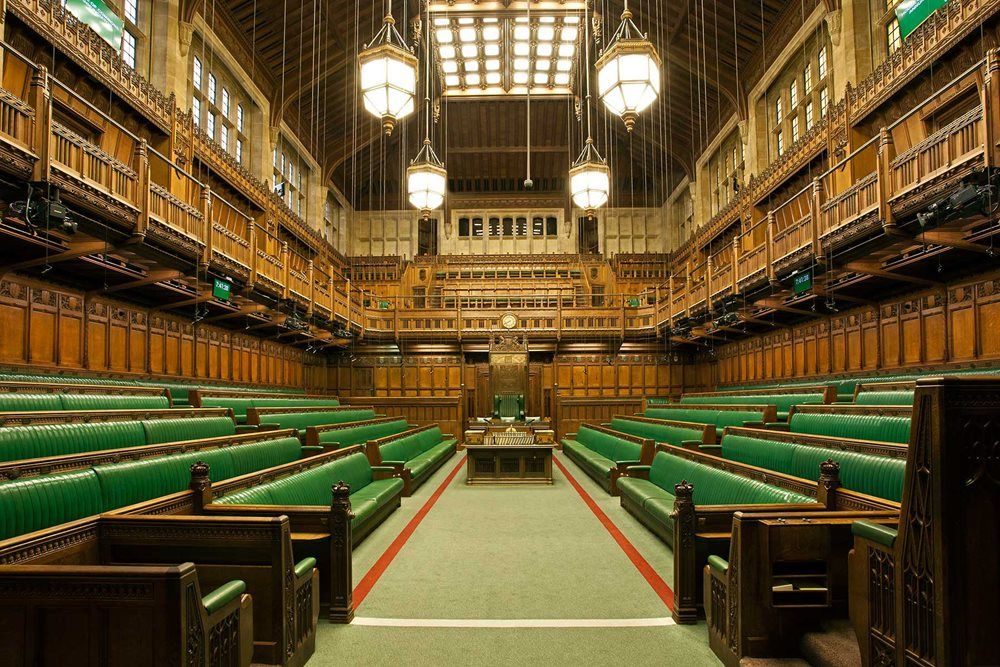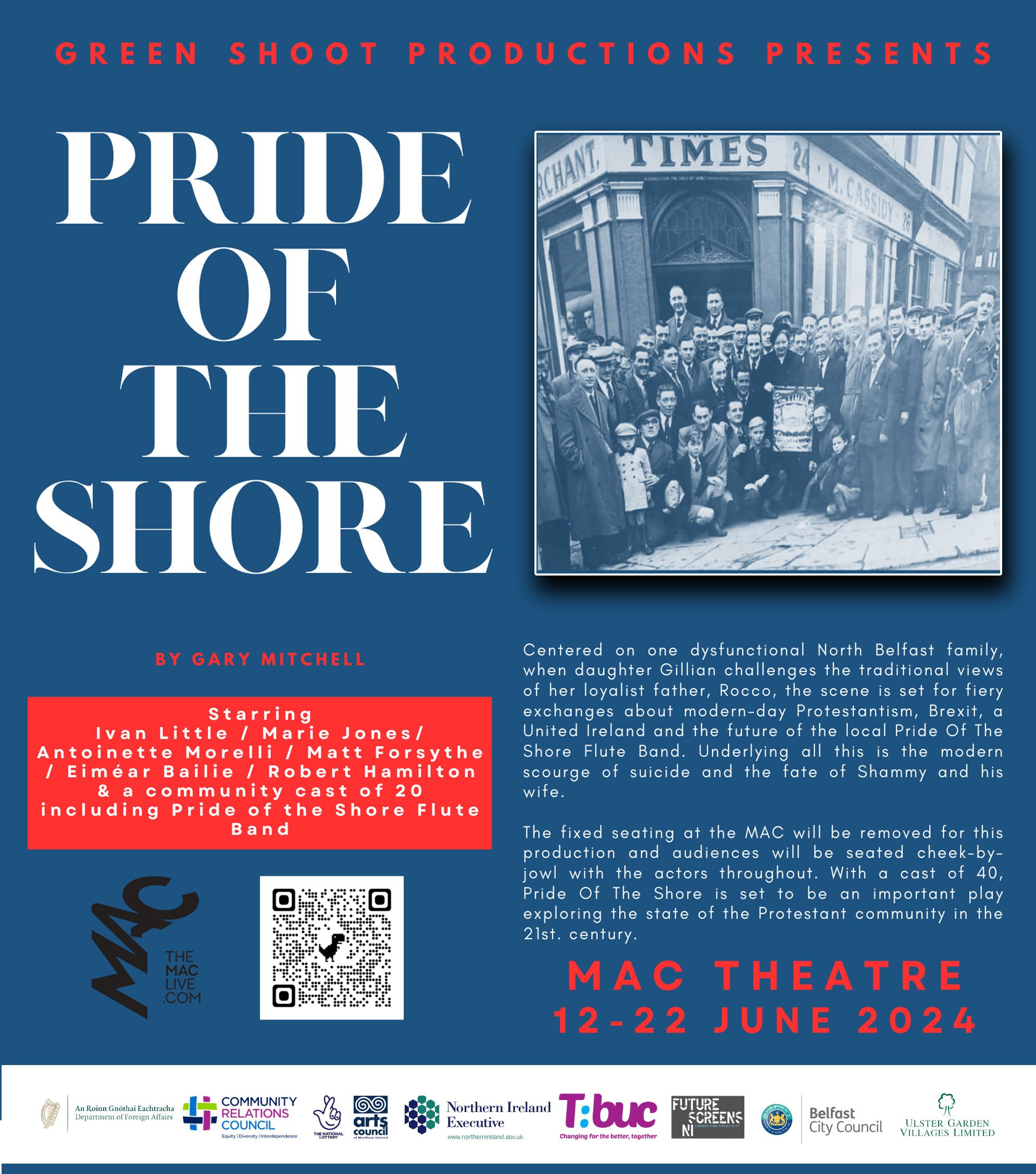THE British Houses of Parliament have a thing which they call 'Ping Pong'. The House of Commons sends a Bill to the House of Lords; the House of Lords changes it; the Bill goes back to the Commons; MPs change it to remove the amendments; and then it goes back to the Lords, and so on. How very British. Whatever that means.
This week the British Legacy Bill was changed in the House of Lords and it is going to the Commons with amendments which will seek all investigations to reach a criminal investigation threshold and for a large part remove the impunity clauses. The Secretary of State now has choices.

He could accept the amendments, which would create a whole list of questions about how our criminal justice system would cope with a parallel system and become unworkable in short order as judicial reviews tie it in knots.
He could reject the amendments, or change some of the legislation and send it back to the Lords and see what happens next – thus the Ping Pong reference.
Or, he could listen to all of the parties on this island, all human rights experts and victims' groups and the growing international consensus and withdraw the Bill in its entirety.
Oireachtas committee call on British Government to scrap controversial Legacy Billhttps://t.co/vVV95aBXnv
— Andersonstown News (@ATownNews) June 26, 2023
Whatever this government wants to do, the peer Jonathan Caine will be their biggest obstacle in any move. An unelected former NIO man who considers his own opinion and view of the conflict as more legitimate than any other appears to be calling the shots and dragging the thus far willing Tory administration blindly down the avenues to the ignominy of official (rather than unofficial) Rogue State status.
In parallel, the Irish Government’s Oireachtas Committee has joined the voices of those requesting that should the legislation pass the Irish Government consider taking an inter-state case against the British Government. This is not an insignificant proposal by any means. The Irish Government was the first state to utilise this mechanism of the European Court of Human Rights when the British Government was kidnapping Irish citizens and subjecting them to torture in the early 1970s. Very few states have used this option since.
Look up the cases and you see Ukraine vs Russia and Armenia vs Turkey – the most severe of human rights abuses are in this arena. Add to the mix that the Irish and British governments are co-guarantors of the Good Friday Agreement, and how the Agreement is built on the European Convention of Human Rights, and you begin to see, if you hadn’t before, how broken relationships are and the fracture this legislation has created for our peace agreement.
Victims and Survivors would be forgiven for thinking that they have been the ball in numerous games of Ping Pong for many years. Those who go into courts to have basic rights to disclosure and remedy delayed repeatedly, evidence destroyed and a repeated denial of experience will know that games get played by the British state which cares nothing for their plight. The state holds an obligation to the wellbeing of victims and survivors, yet is engaged in deliberate cruelty at policy level.
The conflict never truly ended for victims. Whatever happens over the course of the coming weeks two things will be true: Those families are never giving up and they will be harmed further.







